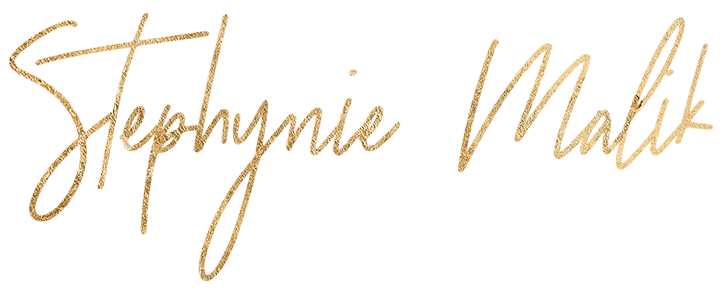This Expert Is Shifting The Crisis Management Paradigm When Leaders Need It Most
The scope and scale of personal and corporate crises created by the Covid-19 pandemic response is a harsh reality that millions of people and hundreds of thousands of businesses around the world are currently experiencing first-hand. Leaders are desperately searching for solutions to devastating and disruptive personal or corporate issues during an extended period of fear, uncertainty and doubt.
Forbes Coaches Council member Stephynie Malik, a crisis expert and executive leadership coach, is the founder of SMALIK Enterprises, a business strategy and executive leadership firm specializing in personal transformation and crisis management for high-performing individuals. She said the number of individuals and corporations confronted with sudden, disruptive, large-scale crises has been a growing trend over the past several years, but the pandemic has sparked “a global awakening and an acute awareness of what a crisis looks and feels like.”
After spending over two decades as a Silicon Valley executive, Malik founded SME with the sole intent of helping businesses and individuals not only manage and resolve crises, but learn to prevent them in the future. With experience founding multiple companies, working with over ten different startups on a global scale, spearheading acquisitions and successfully navigating IPOs, Malik is no stranger to crisis and the damage it can inflict on individuals and organizations as a whole.
“These experiences became the driving force to start SME, as we wanted to truly help others and better equip the next generation of leaders,” Malik said. In its first 16 months, SME negotiated over $100 million in crisis management settlements. Malik attributes her firm’s success to its world-class team, which serves as a one-stop shop for clients. In her experience, companies believe they need to hire experts from multiple different agencies in order to successfully manage crises. But she’s capitalized on shifting this paradigm. The ability to cross-thread resources across multiple facets of a crisis case allows SME to reduce costs and increase efficiencies for clients. “This has been a key differentiator for us, leading to a lot of new business,” Malik said.
The higher an organization’s net worth and the bigger its public profile, the greater its exposure and risk. Because each crisis and the ensuing consequences is unique, Malik emphasized the imperative of selecting the right expert or team of experts for an organization’s “specific” crisis. “Time and time again, I see people panic and make the mistake of hiring a team that isn’t experienced in handling their type of crisis. Your team needs to be able to immediately leverage their network, connections and relationships to protect your assets, privacy, mental wellness, reputation and livelihood,” she said.
Malik encourages organizations to carefully research potential crisis management firms before hiring. “Before you interview a crisis firm, think of the questions you will be asking and the answers you hope to receive.” Upon finding a firm that’s a good fit, Malik recommends hiring expeditiously. “The longer a crisis situation remains static, the higher the cost becomes,” she said.
Leaders also need to prepare themselves for the emotional cost of handling a crisis. “Get comfortable being uncomfortable,” Malik said. “A crisis is difficult, stressful and, most of the time, life-changing. Accept that being anxious and uncomfortable is going to be your reality during this process.”
By focusing their time and energy on identifying and changing destructive behaviors and patterns that contributed to current crises, leaders can learn to lead a productive post-crisis life. “You can’t prevent a future crisis if you don't change the behaviors, processes, habits and environment that created the current one,” Malik said. Thoughtfulness and honesty go a long way toward achieving positive outcomes. Most important is consistent and dutiful action. “Make the commitment to identifying what changes are required and a relentless display of discipline to get it done.”
Returning to normalcy after a crisis is often more complicated than people expect. “Once the legal and financial threat is resolved and mitigated, far too many individuals believe the crisis is over and they can return to normal pre-crisis life,” Malik said. She describes the “post-crisis recovery phase” as by far the most difficult step for many to follow through with.
Crises that cost organizations billions of dollars each year also exact a massive non-monetary toll on company culture and morale. “Individuals and employers need to make mental and emotional wellbeing a priority to avert or minimize the potential of a future crisis,” Malik said. “This will require a targeted strategy to provide actionable information and training to change the habits, behaviors and attitudes of those dealing with significant mental and emotional issues.”
While transformative crisis events are increasing in scope and frequency, Malik believes organizations have the potential to reverse this trend with the right team, strategy and commitment. Though the pillars and principles of successful crisis management and prevention are simple in concept, they’re not always easy. But Malik says change is achievable. “Your ability to manage a crisis on a personal or corporate level requires learning new behaviors and a relentless focus on transformative change. Simple might not be easy to execute, but it's easily doable.”

